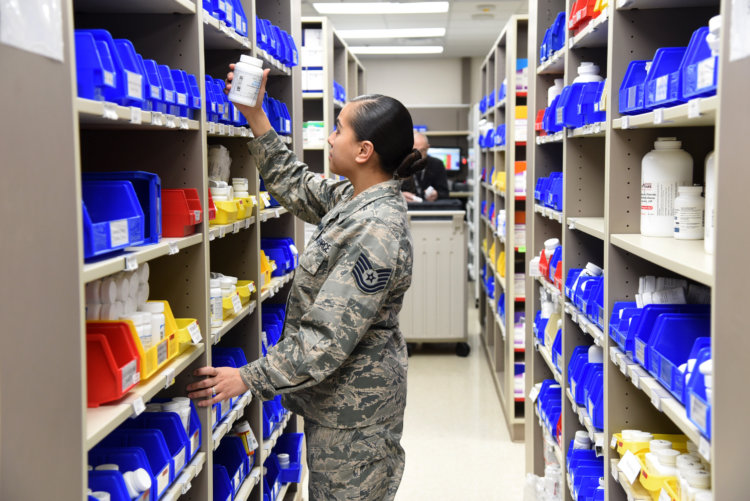Col. Will Dionne, who now has more than 33 years in the National Guard, quickly recalled how health challenges kept soldiers stateside in 2003 as their units deployed to Iraq.
That memory reflects a trend he said dates back to Operation Desert Storm. Health needs go unaddressed, he said, because some reservists don’t consistently have the same access to medical care and insurance as active-duty personnel.
“This is a readiness issue,” said Dionne, president of the National Guard Association of Maine. “It’s a shame to think someone is willing to serve their country but doesn’t have the means to pay for their preventative care.”
However, if passed, the Healthcare for our Troops Act, could lower health care costs for 130,000 reservists and guardsmen who don’t have private health insurance. The legislation, cosponsored by Sens. Susan Collins, of Maine, and Tammy Baldwin, of Wisconsin, would eliminate the premiums of TRICARE Reserve Select. Normally, only active-duty soldiers or those on federal orders more than 30 days avoid TRICARE premiums.
“If we had this, we could prevent things like [delayed deployments] from happening because they would be seeking the preventative care they don’t want to pay out-of-pocket for right now,” Dionne said. “We think that roughly 18% of the reserve component service members across all the services are without health insurance.”
Josh Dehn, an automotive maintenance warrant officer with the Missouri Army National Guard , had TRICARE Reserve Select before he got married. He’s now a dual-status technician who has federal employee health benefits.
He said the costs of health insurance and medical care influence the daily life of a reservist or guardsman, especially with inflation increasing the costs of food and gas.
“Anything to put more money in the soldier’s pocket is going to be helpful,” Dehn said.
That’s why he’s cautiously optimistic about this bill, which he said contains ideas that have been proposed before. The House of Representatives also is considering a version of the Healthcare for our Troops Act.
The bipartisan bill would eliminate certain health care charges for members of the selected reserve and their immediate families, regardless of their duty status. Reservists and guardsmen wouldn’t have to change insurance as often, if ever.
“You’d have guaranteed coverage as long as you were in,” he said.
The new law would also encourage preventive care, such as annual checkups with a soldier’s primary care physician. Soldiers could have better health since a primary care physician considers a patient’s particular medical history and health needs.
“There’d be no reason for them not to get normal, routine medical care,” Dionne said.
Additionally, the proposed law means a civilian health care provider can indicate a soldier or airman’s medical readiness classification and fitness for deployment. Dionne said the federal government currently pays $162 million per year for such physicals, but civilian providers could do the same at no cost to the Department of Defense.
Another challenge during a deployment, Dionne said, is 200 soldiers could show up to a mobilization station with only three doctors because there aren’t enough providers in some states. That’s a reason why the National Guard Bureau sends money to fund physicals and other care. The Congressional Budget Office hasn’t estimated the bill’s cost.
“Even if it costs us more money, and increased our readiness posture, to me that’s money well spent,” Dionne said. “We’ve done a lot of work over the years to make sure people understand your health is more important than anything else.”








































